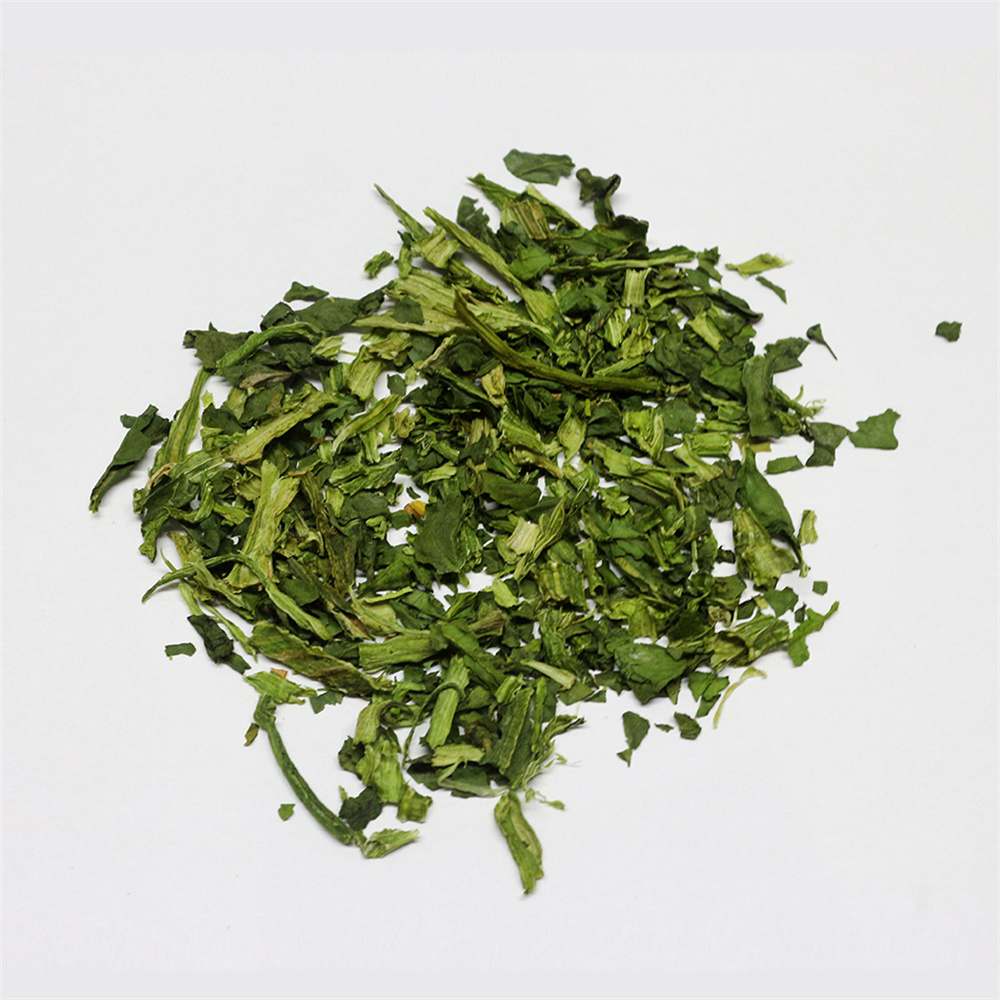Clinical trials in the United States and Canada confirm that probiotic strain LGG has no benefit in children with acute gastroenteritis January 02, 2019 Source: Ministry of Science and Technology Recently, the New England Journal of Medicine reported two large-scale clinical trials conducted in the United States and Canada, which poured a cold water into the probiotic industry: supplementation of probiotics in children with acute gastroenteritis, completely impossible Improve the symptoms of the child. Moreover, these two clinical trials are known as the most thoroughly studied Lactobacillus rhamnosus, the LGG probiotic. Although the role of probiotics is currently uncertain and the evidence is not sufficient, adjuvant treatment of gastrointestinal diseases, especially acute gastroenteritis manifested as diarrhea and vomiting, is currently the most widely used field of probiotics, and even clinical Guide to recommendations. Acute gastroenteritis is one of the most common diseases in infants and young children. In the United States alone, 1.7 million pediatric emergency cases are caused by acute gastroenteritis each year. As one of the earliest known probiotics, LGG was discovered by American scientists in 1983. After long-term research in the scientific community, there are more than 800 related papers. The health products containing LGG bacteria are widely used in the market. However, to date, there is no strong evidence to support the benefits of LGG in the treatment of gastroenteritis. The results of two clinical trials published in the New England Journal of Medicine were from large-scale trials conducted by teams in the United States and Canada. The PECARN trial conducted in 10 hospitals in the United States was hosted by the University of Washington School of Medicine. A total of 971 children with acute gastroenteritis who were admitted to the emergency department of the hospital were enrolled in the hospital for a period of 1:1. Grouped, taking Culturelle or placebo containing LGG probiotics twice a day. After emergency treatment, the tester will follow up for two weeks, and evaluate the symptoms of vomiting and diarrhea reported by the parents of the child to evaluate the severity of gastrointestinal symptoms. The primary end point of the trial was the proportion of children with gastrointestinal symptoms that were moderate to severe (Vesikari score no less than 9 points). Unexpectedly, the proportion of patients with moderate to severe gastroenteritis who were treated with Kang Quile and placebo was 11.8% and 12.6%, respectively, with no statistically significant differences. At the secondary endpoints of the study, such as the frequency and duration of diarrhea and vomiting, the proportion of children who needed to see a doctor again because of increased symptoms, and the time when parents took care of their children and lost time, there was no gain in using Kang Cui Le. beneficial. The PERC PROGUT trial, which was conducted by the Canadian team and enrolled 886 children, also reached a similar conclusion. The probiotic products used in this trial were slightly different, and they were both probiotics of LGG and Lactobacillus helveticus. Lacidofil, but one more probiotic does not bring any advantage. Specifically, the incidence of severe colitis in children was 26.1% in the trial group supplemented with Lacifomil, and slightly higher than 24.9% in the placebo group. In the secondary endpoint, vomiting occurred in the test group. The risk of symptoms is even higher by 36%. Therefore, Stephen Freedman, an associate professor at the University of Calgary who led the trial, said in an interview: "Treatment of gastroenteritis has always been the hottest target of probiotics, but the results of this trial have already explained the problem. Probiotics are harmless, But it doesn't help either."
Spinach is a biennial vegetable in the Chenopodiaceae family. The main root is thick and long, red and sweet. The leaves are triangular-ovate, dark green, and the basal leaves and stem small leaves are longer and fleshier than the stalk.
Dehydrated Spinach,Farmhouse Dried Spinach,Dehydrated Spinach Wraps,Natural Dehydrated Spinach Laian Xinshuyu Food Co., Ltd , https://www.xinshuyufood.com
Originally from Persia, it was introduced to my country in the Tang Dynasty and is now cultivated everywhere. It is a green leafy vegetable that is supplied to the market all year round.
Spinach can be divided into two types: pointed leaves and round leaves. Pointy leaf type, the leaves are arrow-shaped, the petioles are long and the mesophyll is thin, the roots are thick and the sugar content is high, and the quality is good. The autumn and winter blanket spinach belongs to this type. Round leaf type, the leaves are round, the oval shape is oval, the leaves are large and fleshy, the petioles are short and broad, and the oxalic acid content is high. Spring and summer spinach mostly belongs to this type.
The quality requirements of spinach: dark green color, red roots, no water, not old stems and leaves, no bolting flowers, no yellow rotten leaves is better.

Clinical trials in the United States and Canada confirm that probiotic strain LGG has no benefit in children with acute gastroenteritis
